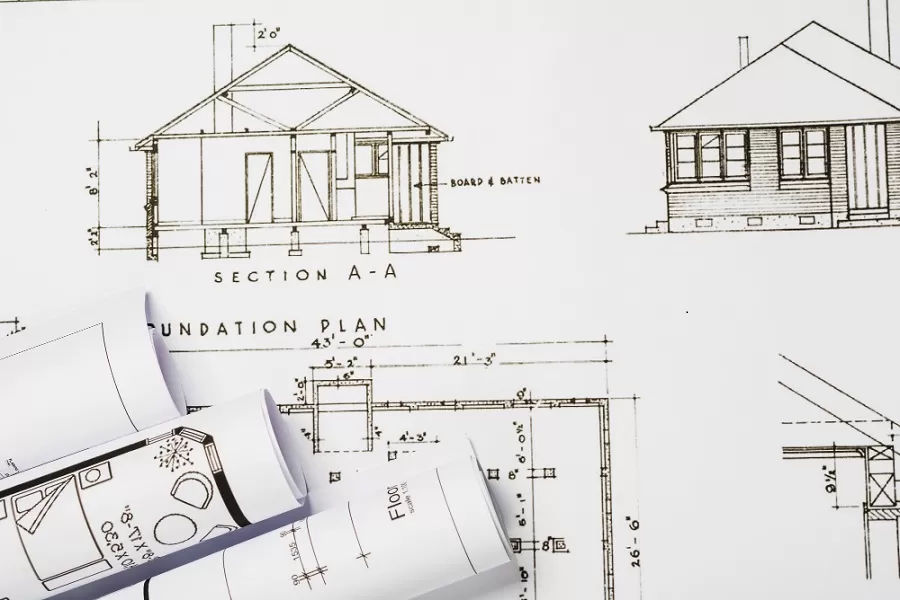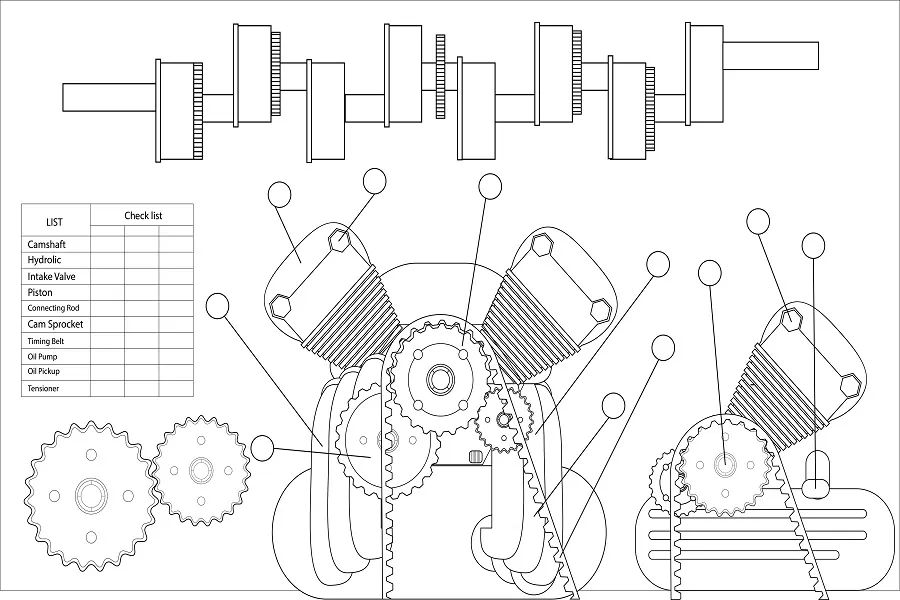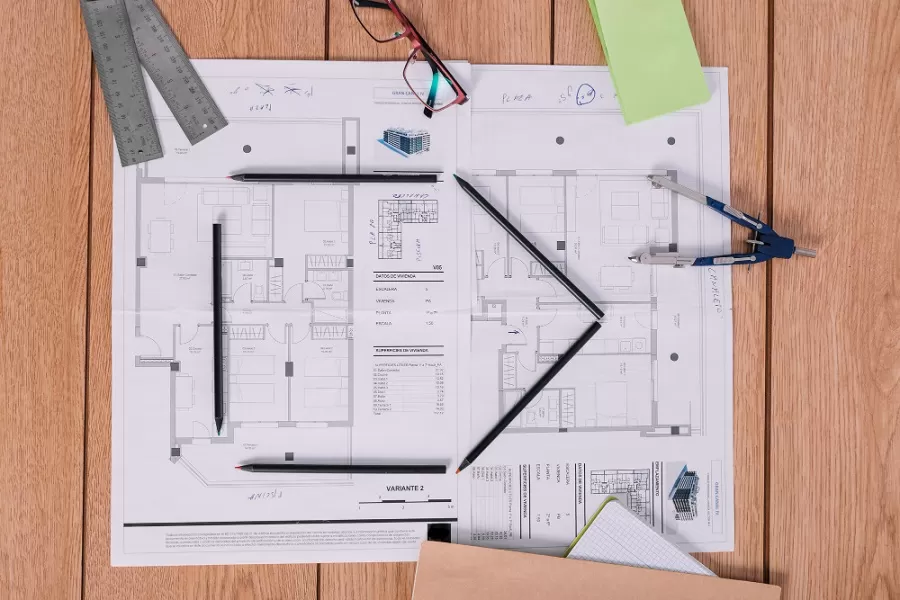For decades, multi-residential condominiums and commercial buildings have held the reputation of being huge energy wasters due to the enormous energy these infrastructures consume to run efficiently. But this has become a thing of the past.
Today, staying energy-efficient is at the heart of everything we do. Thanks to the stricter environmental policies and lucrative incentive plans, builders and architects have started using Building Energy Modeling (BEM) as an imperative tool while designing and developing buildings – to not only keep their designs and constructions energy-efficient and sustainable but to make them resilient too.
In this article, we’ll help you understand what BEM is and how it is driving the construction industry toward better design decisions and higher standards of building construction and maintenance.
What is Building Energy Modeling?
Building Energy Modeling is a computer simulation that’s used to determine the thermal performance of a building along with its possible energy usage and greenhouse gas emission intensity. The simulation software works just like a mathematical model. It provides a virtual representation of a building with all its aspects – mechanical systems, architectural geometry, site characteristics, construction material, building enclosure systems, HVAC distribution, electrical systems, expected occupant requirements, and more.
The software analyzes and evaluates how various systems within a building will interact with each other and impact the building’s overall energy performance. By quantifying energy trade-offs, BEM allows architects and builders to reinvent the design and architecture of the yet-to-be-built facilities as well as existing infrastructures and come up with strategies to keep the buildings extremely energy-efficient and sustainable.
The Benefits of Building Energy Modeling – Enhanced Designs, Improved Operations
Today, BEM is a powerful tool for architects and builders. It can answer even the trickiest design questions – that cannot be answered by other means. Building energy modeling offers a host of benefits and enables savvy building operations. It helps in:
1. Improving the Overall Architectural Design
BEM helps architects get a detailed view of how energy is used in a particular construct and how energy usage patterns will respond to changes in the environmental conditions – weather, season, occupancy, airflow, heating/cooling systems, and more. It helps designers and developers to understand building performance across different aspects and come up with strategies to enhance its overall architectural design, while preventing errors and costly clashes.
2. Reducing the Overall Construction Cost
Before Building Energy Modeling, designing an energy-efficient building was an overly complicated process that was not only time-consuming but extremely cost inefficient too.
But BEM has changed the face of the game. By maximizing daylight, reducing glaze, optimizing solar heat gain, and reducing the load on the building’s heating, cooling, and lighting systems, BEM has helped architects reduce both energy costs and up-front construction overheads.
3. Improving HVAC Design and Operation
BEM also enables mechanical engineers to design HVAC systems that can efficiently meet the building’s thermal load requirements. It also helps in the designing and development of test control strategies for HVAC systems.
For example, with BEM, you can easily simulate several HVAC configurations to compare their costs and energy efficiency and choose the one that offers the best performance while maintaining the lowest ownership cost.
4. Evaluating the Interaction of Different Components within the Building
Architects and builders can also leverage building energy modeling to analyze how different energy efficiency measures interact within a building. For instance, they can easily evaluate how the air conditioning systems in the building will respond if the lighting system is upgraded to LED.
5. Strengthening Building Performance Rating
BEM is also used for building performance ratings and is the basis for code compliance, Green Certification, and financial incentives.
6. Improving Building Retrofits
BEM enables the holistic assessment of existing infrastructures too. It evaluates the existing systems within a building to understand their interactions, optimize operation, improve maintenance, reduce cost, and increase their life.
The Bottom Line
Over the years, Building Energy Modeling has gained a quick momentum and has become the need of the hour. Many architects and engineers today are deploying BEM into their project workflows to stay lean and compliant.
BEM offers them the easiest way to identify design issues and compatibility problems that may lead to inefficient designs, construction delays, or costly overlays. Thanks to the emerging building codes and environmental laws, the coming years will witness exponential growth in building energy modeling and performance analytics, and all the engineers, architects, and builders will leverage the prowess of BEM to make their designs energy-efficient.
Why Us?
At Enginerio, we are committed to creating sustainable, energy-efficient designs. We combine the best of resources with the latest tools and technologies to deliver world-class Green Building and Energy Modeling services to our esteemed clients all over the world.
Our modelers are well-versed with all the leading energy modeling software like eQuest, Energy Plus, Trane Trace, EnergyPro, Treat, and more, and can help you optimize your building designs as per the latest energy codes and standards, including ASHRAE 90.1, Title 24 California Building Code, and International Energy Conservation Code (IECC).
Today, several builders, architects, designers, and engineers rely on us to simulate their designs and perfect their buildings’ architecture.
Partner with us. We can help you make the most of technology!





